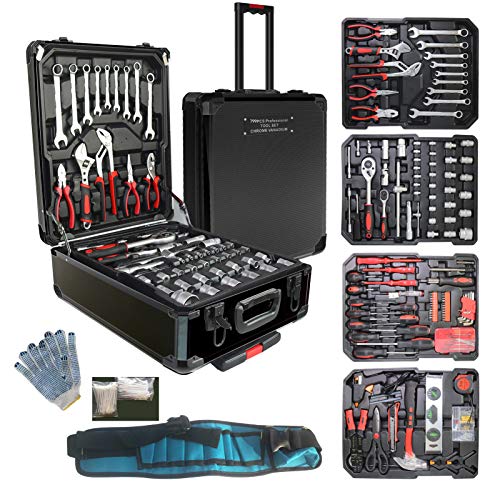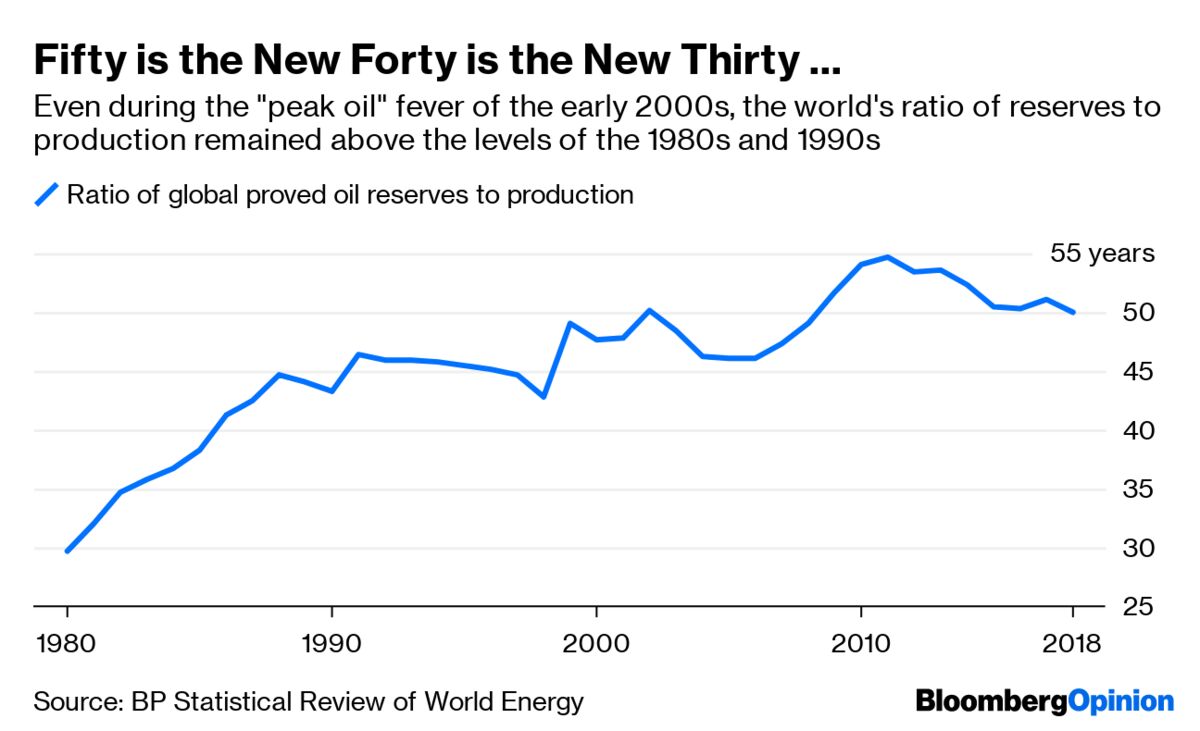Not true. There are several states that get very little of their electricity from coal. So let's agree the US as a whole gets about 20% of its electrical power from coal because that is the actual number.
This statement is false too. The US gets over 20% of its power from renewables. And in California which has 42% of the nation's EV registrations almost half their electrical power comes from renewables and large hydro.
Ah grasshoppah, if you wish to mix up the data to result in your desired outcome, then have fun with that. Paraphrasing Mark Twain: There are lies, damn lies, and statistics.
But even (or especially) in California, most EVs are charged at night, at home, when renewables typically supply much less electricity to the grid compared to 'base level' power (mostly coal and gas).
California imports a huge portion of its electricity from other states, and most of that energy is coming from, as California puts it "non-renewables".
33.09% renewable energy (solar, hydro, wind, etc) 66.91% non renewables (coal, nat gas, nuclear, etc) and a huge portion of that energy from all out of state sources is coal and natural gas. And again, at night when your typical EV is plugged in, the flexible sources of wind and solar drop to almost nothing. That's just the way it is.
Source:
https://www.energy.ca.gov/data-repo...ty-data/2020-total-system-electric-generation
Now. Since we are probably wasting server bandwidth with all this arm-twisting back and forth, and apparently no more relevant, on-topic information is being supplied to the OP, and we are very likely boring the reader, not to mention the OP, we should probably move on. and call it a 'wash'.
This is just about the time that HDR would have deemed this one: 'Thread Closed'.
But since he's no longer with us, I suppose the thread is likely going to flounder and produce nothing more of value regarding the OP question: The future of gas powered RVs and vans, campers, etc.
However, I now exercise the choice of no longer participating in the bickering.
Have fun.











































































